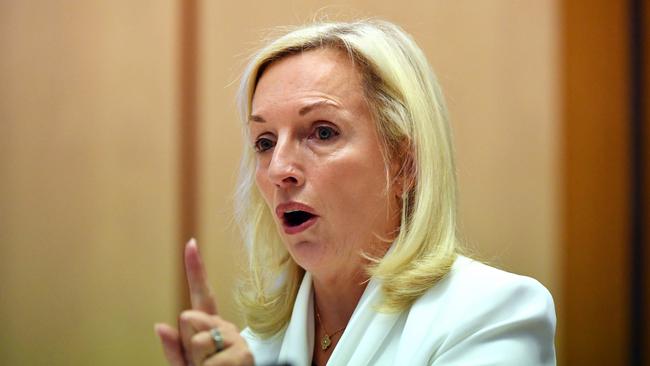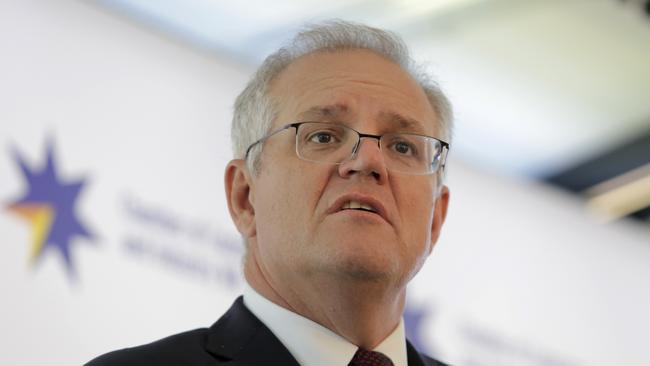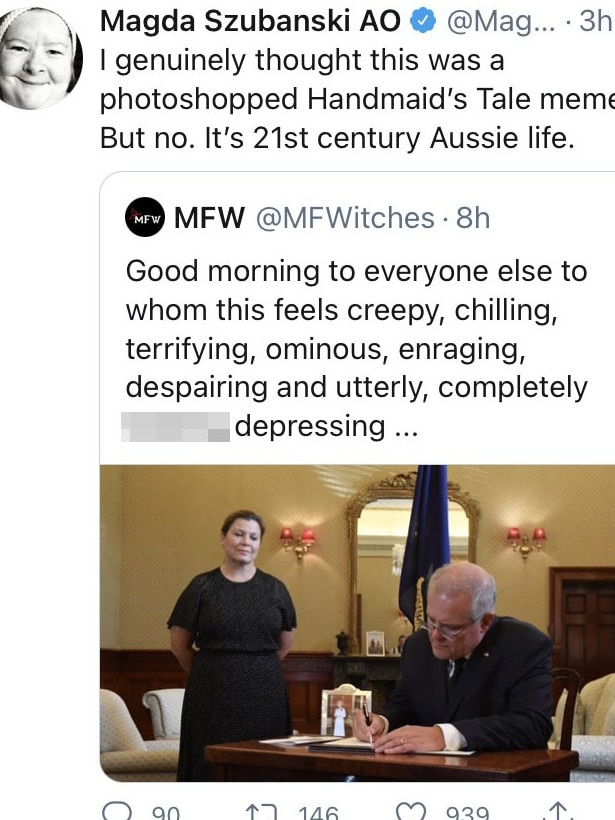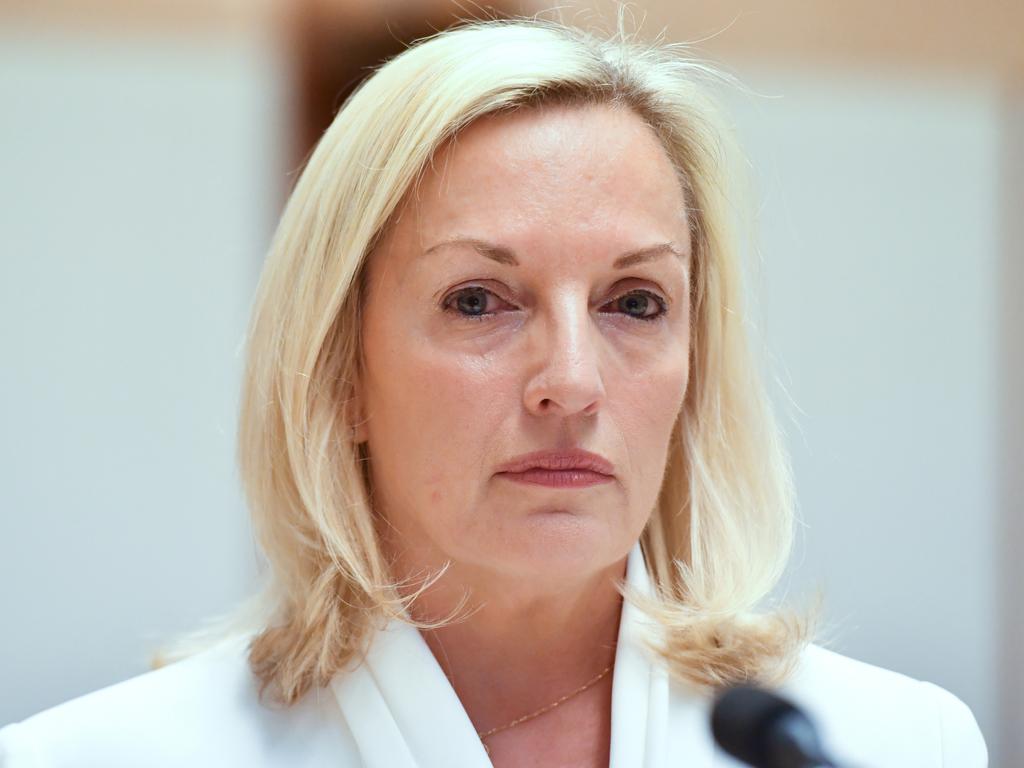Christine Holgate affair a grim reflection on the state of politics in 2021

The Christine Holgate affair and the social media meltdown over the COVID-19 vaccine rollout provide a grim reflection on the state of politics in 2021. With the nation virtually free of the coronavirus and consumer confidence at an 11-year high, there is a profound disconnect between what matters to the public and the ephemeral fancies of the limelight-hogging chattering class. Rather than leverage the positives of national safety and rising prosperity, the Morrison government is frustratingly mesmerised by issues outside its core agenda. The narrative too often is being framed around the petty, mischievous agendas of minor celebrities, irritating lawyers, academics and journalists on social media who are more than willing to flip from one issue to the next without consistency. The real agenda is simply to undermine and destroy the government, and it is ordinary Australians who suffer as a result.

The furore over the sacking of Australia Post’s former chief executive, Ms Holgate, is a micro study of a much bigger malaise. Political skulduggery and manoeuvring by forces less qualified than Ms Holgate have destabilised Australia Post for personal and political gain. Rather than better service for customers, the real agenda has been to catch Scott Morrison in an ambush and use parliament to set fire to Ms Holgate’s reputation. Having lit the fuse and dragged the Prime Minister into what should be a trivial corporate affair, Anthony Albanese has had the temerity to perform a volte-face and spring to Ms Holgate’s defence. Other than exposing the absurdity of Australia Post’s political servitude as a high-paying ride for hangers-on and party hacks, the Holgate affair is a world away from the everyday concerns of ordinary citizens.
Rather than the identity politics fancies of social media warriors, most people are focused on job security, how best to navigate the buoyant property market and how to make the most of the bounce back from the pandemic. On these scores, the government has a positive message to send: employment has staged a dramatic recovery; debt levels are lower than feared; house prices are rising; the stockmarket is on a tear; and business and consumer confidence is riding high on confirmation that interest rates will be sustained for years at historic lows. The commonwealth and states have achieved a remarkable feat in suppressing the virus and there are enough vaccine supplies on order to inoculate the population. The challenge is not to debate publicly the intricacies of vaccine options and three-in-a-million risks of blood clots but to get jabs of the vaccines we do have into the arms of people who want them, as quickly as possible. The cascade of doubt being heaped on the government’s performance is mostly not genuine or made by people without any real knowledge about the issues. Other distractions such as minor celebrity Magda Szubanski’s criticism of the dress and demeanour of the Prime Minister’s wife, Jenny, are a calculated attempt to portray Mr Morrison as a white male religious conservative. It is further proof of how identity politics is eroding the once respected norms of civility.

Above all, the attacks against the government are designed to drain political capital from Mr Morrison and stop his government from getting on with a much-needed agenda for reform. Capitulation on industrial relations, in particular, shows how timid and reform-shy politics has become. The Morrison government’s preparedness to indulge its critics is unnecessary and reflects an unfortunate lack of purpose. Changing tack to appease opponents is reminiscent of how John Howard was briefly spooked by the fleeting popularity of Mark Latham and forced to fight on unfamiliar ground ahead of the 2004 federal election. Mr Howard was able to bring things back to the centre as Mr Latham imploded under his own steam and the weight of Labor’s baggage on the campaign trail. Mr Howard’s winning strategy was to stick to the economic narrative and the Coalition’s good record on interest rates.
The Morrison government must use the federal budget to reset the agenda and bring the focus back to its economic track record and optimism about the future. The Westpac-Melbourne Institute sentiment index shows what punters really think. Sentiment jumped 6.2 per cent to 118.8 this month, the highest since August 2010, as households — rather than being seduced by Labor’s narrative of impending doom — expressed considerable optimism about the trajectory of the economy and their future financial situations. Within government, Josh Frydenberg has shown he can be relied on to deliver — unlike many others in the Morrison team who too often have been missing in action. On the issue of Ms Holgate, Mr Morrison badly needed the female component of his newly minted cabinet to step up and dismiss nonsense claims that this had been in any way a gender issue. With economic recovery under way, the government can afford to be bold and brave, and expect that voters will reward it for its efforts.





